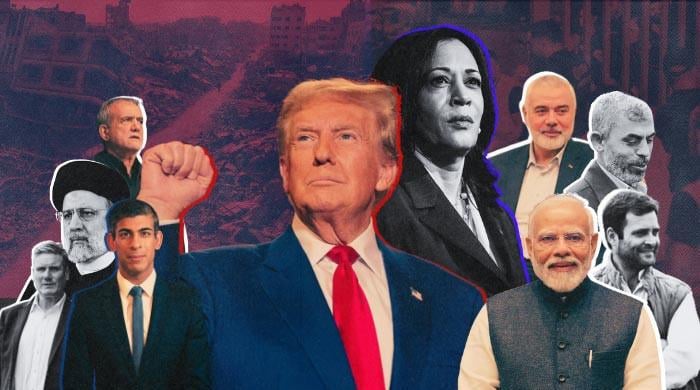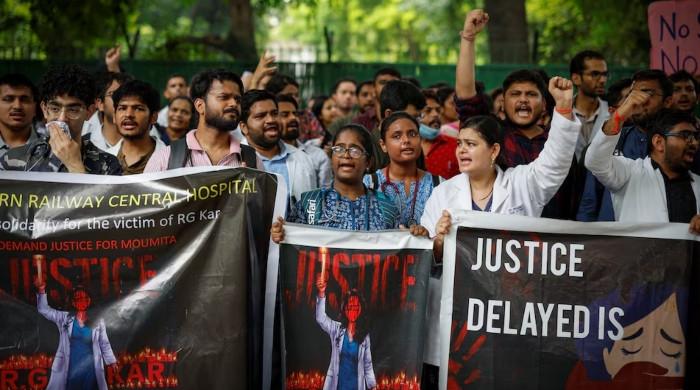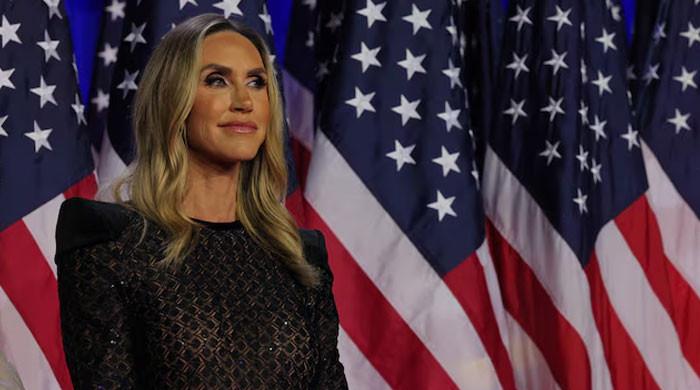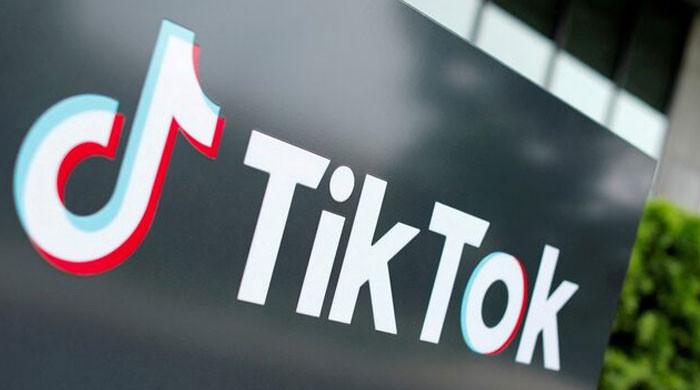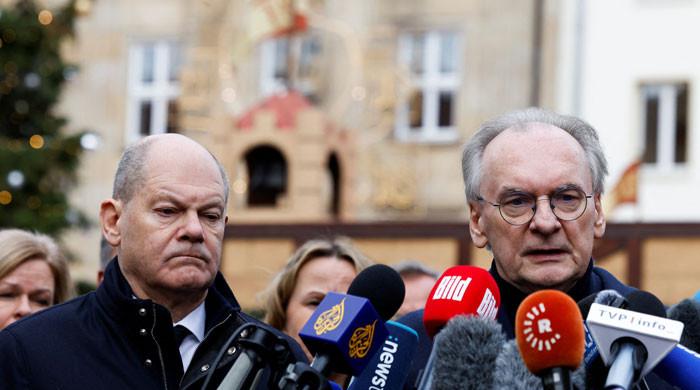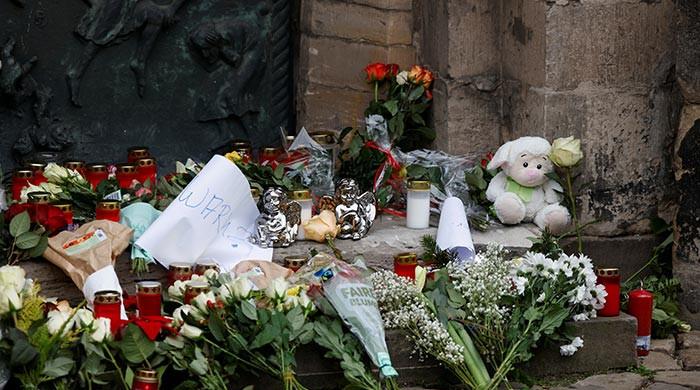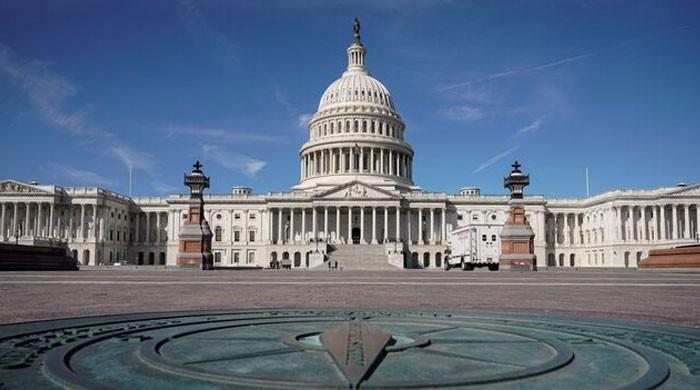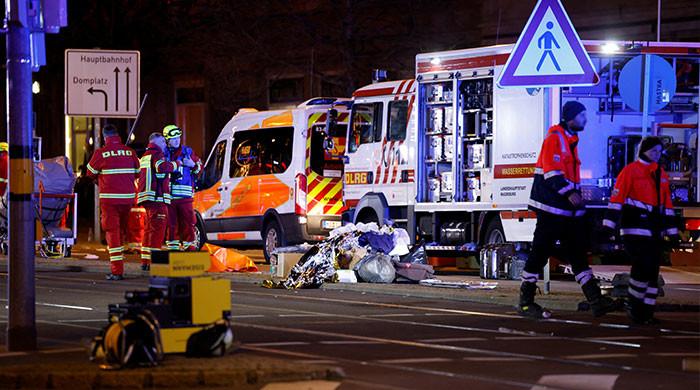UK diplomats face travel restrictions in Russia over Ukraine support
Moscow's restrictions come as response to what Russia perceives as UK's support for Ukraine in ongoing conflict with Russia
July 21, 2023
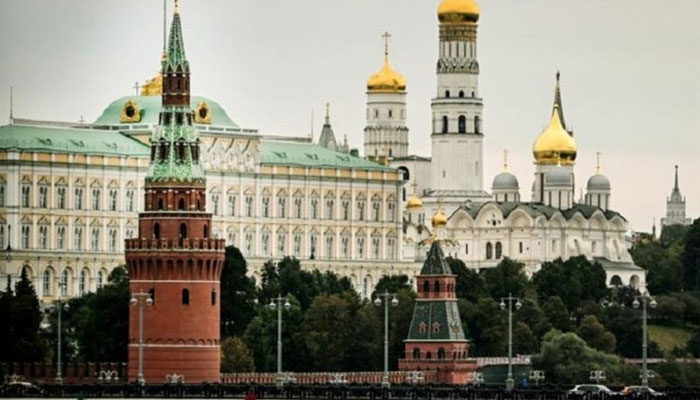
Russia's foreign ministry has imposed stringent travel restrictions on British diplomats working within its borders over support to Ukraine.
Most British diplomats, except the ambassador and three senior diplomats, will now need to provide detailed travel plans at least five days in advance if they wish to leave a 120-kilometre "free movement zone." The restrictions come as a response to what Russia perceives as the UK's support for Ukraine during the ongoing conflict with Russia.
"The Vienna Convention, which both countries are bound by, grants accredited diplomats the freedom of movement and travel in its territory," said a spokesperson. However, Russia's move restricts the ease of movement for UK diplomats, making it considerably challenging for them to carry out their diplomatic duties.
The British Foreign Office disputes the Russian foreign ministry's characterisation of the meeting with the UK's interim charge d'affaires as a "summoning," saying it was a planned meeting requested by the UK. The Foreign Office has yet to announce its response to Russia's decision.
Travel restrictions are just one way of making life difficult for diplomats, and this move adds to the mounting tension between Russia and the UK. While such restrictions are permitted under the Vienna Convention, they create bureaucratic hurdles and increased scrutiny for diplomatic personnel.
In the past, some diplomats have faced visa delays and even surveillance, as their movements are monitored closely by the host country. Such measures are not uncommon in authoritarian states, where diplomats often find themselves navigating a challenging environment.
The Russian foreign ministry accused the UK of engaging in "hostile actions" that hinder the functioning of Russian diplomatic offices in the UK. This accusation has further strained the already tense relationship between the two countries, and the situation remains delicate.
As the situation evolves, diplomatic relations between Russia and the UK hang in the balance. The imposition of travel restrictions is a significant development, likely to have a considerable impact on the work of British diplomats stationed in Russia. The underlying motivations behind the move will undoubtedly continue to be a matter of debate in the diplomatic sphere.
The restrictions serve as a clear indication of the escalating tensions between the two nations. The situation will require careful diplomatic handling and may potentially lead to further repercussions in international relations if not addressed constructively.




